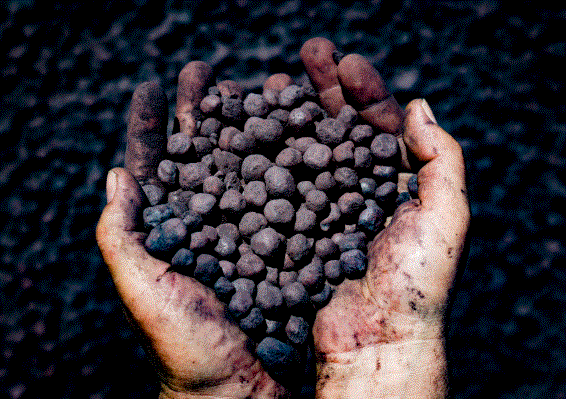Iron ore futures rallied on robust restocking demand, regardless of market concerns over rising coronavirus cases and harsh winter conditions that disrupted logistics.
The most-traded May iron ore contract on China’s Dalian Commodity Exchange (DCE) then rose by 2.96% on-day or RMB 30.50 to RMB 1,061.50/mt on Thursday.
The steel rebar contract on the Shanghai Futures Exchange followed the iron ore rally and went up by 1.69% or RMB 74 day on-day to RMB 4,455/mt.
Strong stainless steel and restocking demand amid tight supply
Besides the high restocking demand, the prices of stainless steel grew amid tighter supply of raw materials like nickel, which were impacted by the riots in New Caledonia.
Thus, the stainless steel futures price rallied as market participants were concerned that the extended riots may affect nickel production in the world’s fourth largest nickel producing country.
In the meantime, the restocking activities were active among the Chinese end-users, while traders sought for reselling opportunities in the February to March arrival cargoes.
Buyers were heard to prefer purchases of higher grade fines, such as Carajas fines, due to their high Fe content that requires less coke usage, as coke prices had rallied to high level that dented steel margins.
Steel production unaffected by rising coronavirus cases
Steel production was not affected by the rising new coronavirus cases in China’s Hebei province, according to Mysteel.
However, there was some transportation restriction on iron ore and steel truck deliveries, in response to the resurgence of Covid 19 cases in Hebei.
For instance, the truck drivers needed to be tested negative for Covid 19 before entering Caofeidian port to pick up iron ore cargoes, while it was heard that some construction activities had been suspended in Shijiazhuang, the provincial capital city of Hebei.
According to Argus media, two Shijiazhuang-based steel mills were likely to suspend procurement of iron ores from dockside stocks, namely Jingye Steel and Aosen Steel, with annual steel output capacity of 14 million mt per year and the 3 million mt per year respectively.
